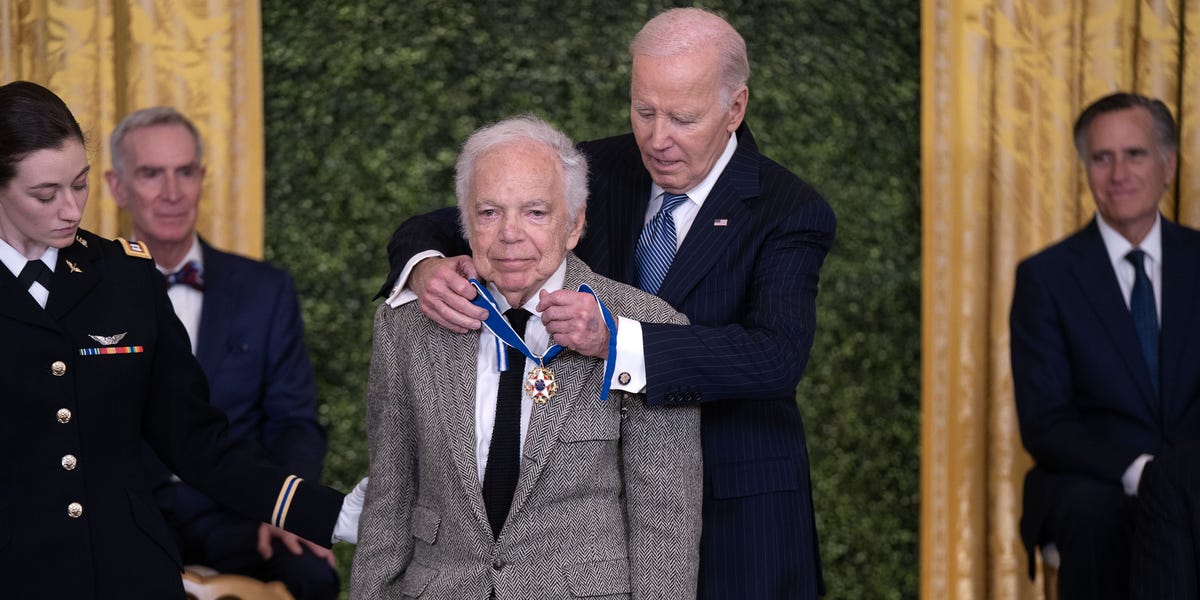Sports
Raheem Morris explains failure to use timeout late in regulation

The 2024 season has featured more than a few examples of bad late-game clock management. The latest might have cost the Falcons a playoff berth.
After Atlanta tied Sunday night’s game on a fourth-and-goal touchdown pass from quarterback Michael Penix, Jr. to tight end Kyle Pitts with 1:19 to play, Washington went three and out. It gave the Falcons one last chance to win in regulation, starting on their own 19 with 40 seconds to play and two timeouts.
Right out of the gates, Penix completed a 25-yard pass to receiver Darnell Mooney. It put the ball at the Atlanta 44.
The Falcons didn’t call a timeout. And the clock ran all the way to 17 seconds until the next snap.
After two incompletions, a neutral-zone infraction, and a defensive pass interference penalty that put the ball at the Washington 38, the Falcons attempted a game-winning field goal. The 56-yard attempt from Riley Patterson fell short.
After the game, Falcons coach Raheem Morris addressed the failure to use one of his timeouts after the drive’s lone completion.
“In hindsight, it could have been a good decision or a better decision to take that timeout, but I wanted to have the opportunity to move up there,” Morris told reporters, via Marc Raimondi of ESPN.com. “You always second-guess those things, you can always second-guess those motives. You can always go back and look at it and see if you can get it snapped a little bit quicker.”
You only second-guess those things when those things aren’t handled the right way. Mastery of clock management wins games. Failure to make quick decisions in the moment loses games.
In this case, the Falcons would have had more chances to get closer if Morris had called timeout after the completion that sparked the final drive of regulation.
Morris added that he wanted to save the timeout, and that he believed “we could get to the line of scrimmage and run our operation a little faster there.”
That’s a tough spot to put Penix in during his second start. For his part, Penix had no complaints.
“He calls the timeout whenever he feels fit and he trusted us to get a play off and make the next play,” Penix told reporters. “So, we all trust Coach’s judgment on that.”
Penix was right to say that publicly. Privately, he and other players have every right to wonder whether it was a mistake. And they have a right to wonder whether they’ll end up not winning the NFC South in part because of it.










